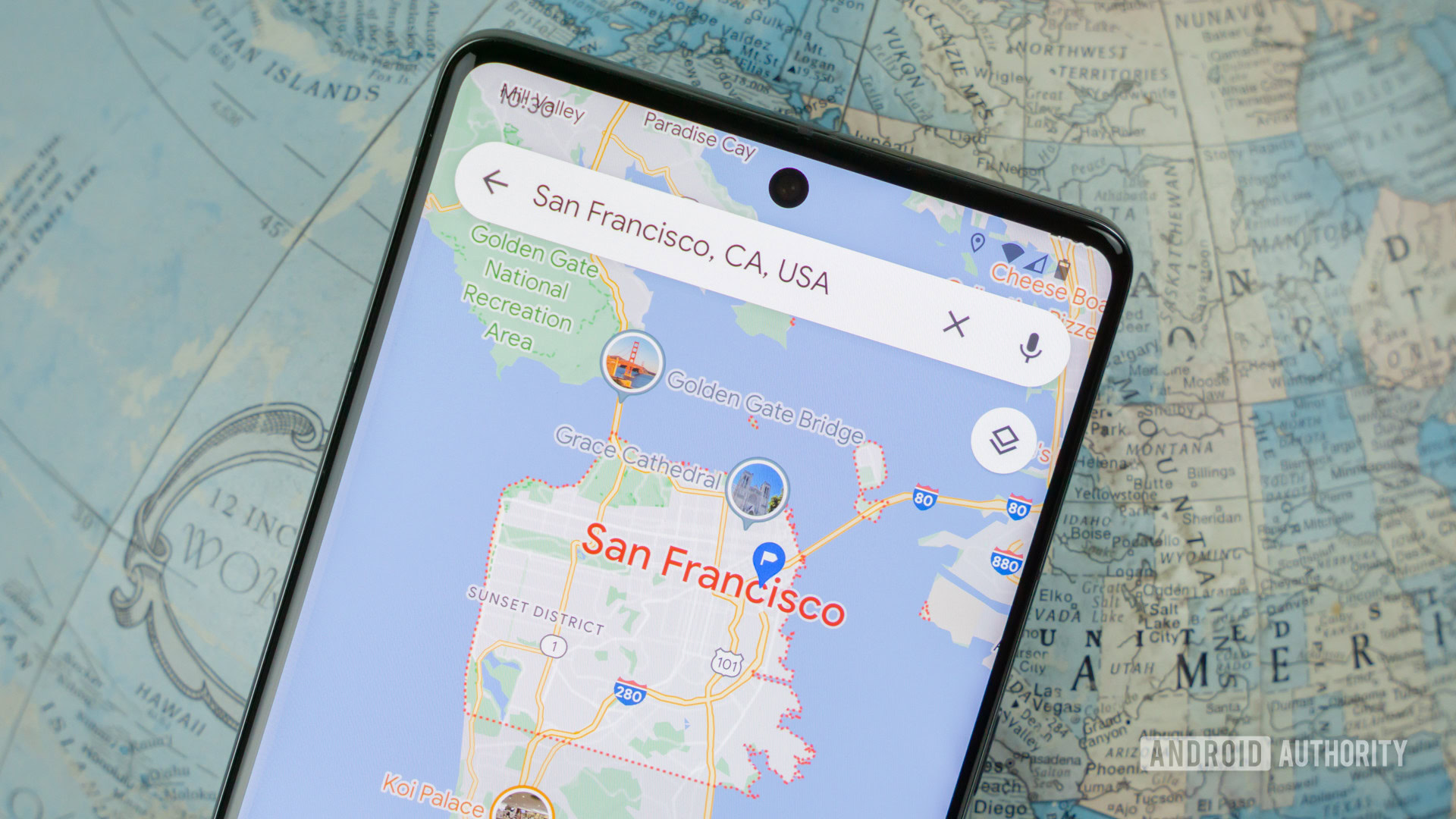Affiliate links on Android Authority may earn us a commission. Learn more.
Google Maps is getting much better for exploring the world's past and present
September 24, 2024

- Google Earth now offers historical imagery, allowing users to explore aerial photos dating back up to 80 years.
- Street View is also expanding to nearly 80 countries, with fresh imagery added for existing countries.
- Google also announced improvements in satellite imagery using AI to remove obstructions like haze.
Google has announced a series of enhancements to its Earth and Maps platforms aimed at providing users with a more immersive and informative experience. These updates include the introduction of historical imagery in Google Earth, a substantial expansion of Street View coverage, and the use of AI to refine satellite imagery.
A highlight of the update is the addition of historical imagery to Google Earth, allowing users to journey back in time and witness how landscapes have transformed over the decades. This feature should offer insights into the impact of human activity and climate change, presenting a stark visual record of how forests, cities, and natural features have evolved.
The historical imagery spans a range of timeframes, with some locations offering glimpses as far back as 80 years. Major cities like London, Paris, and Berlin are among the areas where users can access older imagery, with some photos dating back to the 1930s. The feature is available on both web and mobile versions of Google Earth.
Street View expands to more countries
Google is also enhancing its Street View offering with a significant update that brings new imagery to almost 80 countries, including some receiving coverage for the first time. Some of the examples mentioned in the blog post are Bosnia, Namibia, Liechtenstein, and Paraguay. In addition, Street View updates will include enhanced coverage in countries such as Australia, Brazil, Denmark, Japan, New Zealand, and Rwanda, among others.
Google also talked about using a new, lightweight camera designed to capture imagery more easily in remote and hard-to-reach areas. The camera’s compact design enables more flexibility in gathering fresh data, meaning users can expect further expansion of Street View coverage in the future.
AI-powered improvements in satellite imagery
It’s 2024, and no Google announcement is complete without AI. In addition to expanding geographic coverage, Google is leveraging AI to sharpen the quality of satellite imagery across Earth and Maps. Using a new AI model known as Cloud Score Plus, the company is improving the clarity of its satellite images by removing visual obstructions such as clouds, mist, and haze. These tools undoubtedly offer new ways to explore and understand our planet.
Thank you for being part of our community. Read our Comment Policy before posting.